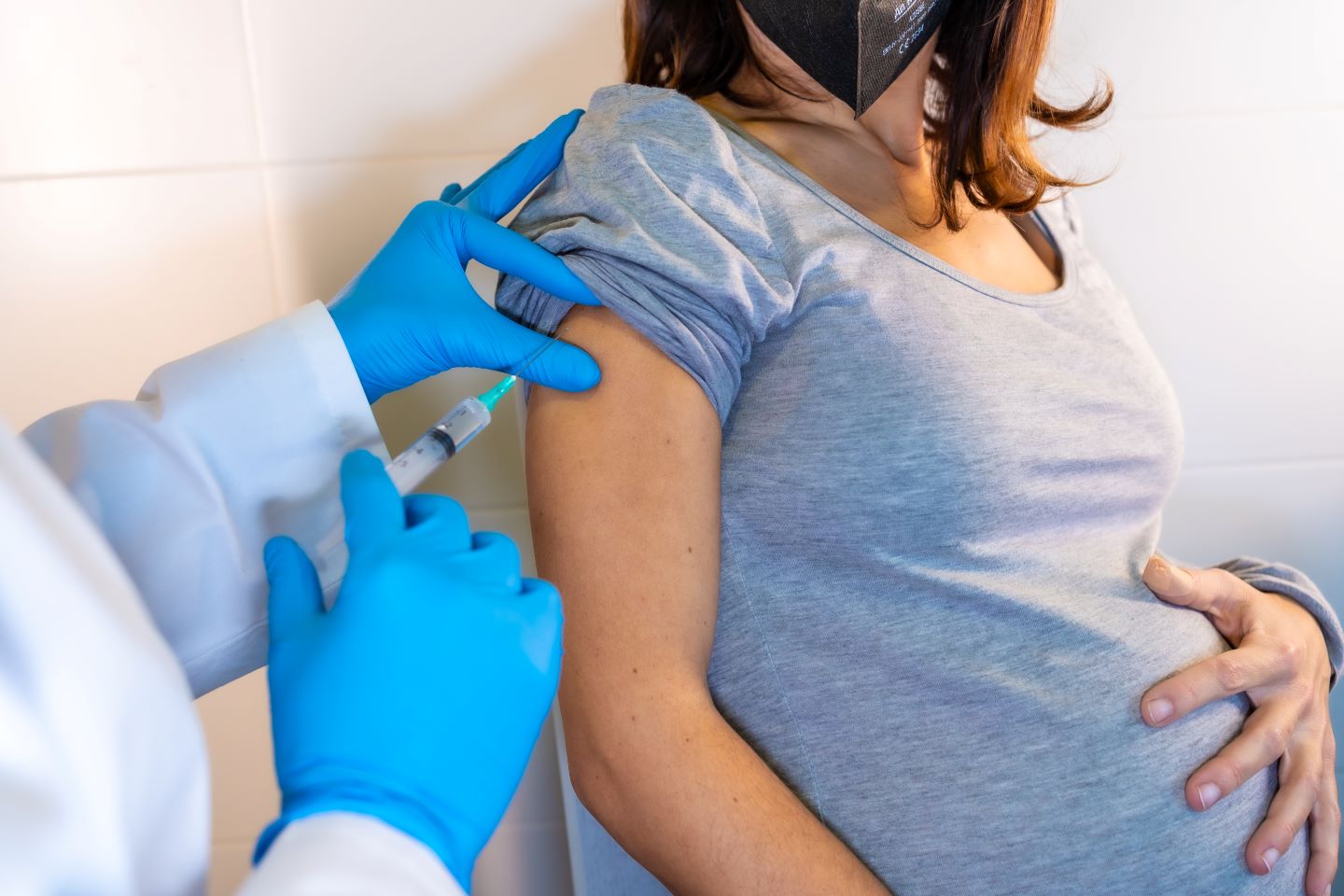With influenza season well underway, vaccination campaigns are in full force in the northern hemisphere. In the UK, the National Health Service (NHS) has delivered its fastest-ever rollout of the influenza vaccine with a record ten million people already vaccinated with quadrivalent (four-strain) vaccines such as AstraZeneca’s Fluenz Tetra and Viatris’s Influvac Tetra. However, the World Health Organization (WHO) has recently advised a reversion to trivalent (three-strain) influenza vaccines for the 2024 southern hemisphere influenza season, which will begin around April and last until September. The same trivalent composition recommendation for the northern hemisphere is expected to follow. This recommendation may be announced as early as February 2024, in preparation for the 2024–2025 northern hemisphere influenza season, which typically occurs between October and May. These recommendations are expected to reshape the global influenza vaccine market for upcoming seasons.
For many years, seasonal influenza vaccines provided protection against two strains of influenza A (H1N1 and H3N2) and one strain of influenza B. The recommendation to upgrade these trivalent vaccines to quadrivalent vaccines and incorporate a second influenza B strain came in 2012 and was designed to offer broader protection against circulating influenza viruses. The first quadrivalent composition was recommended for the 2012–2013 northern hemisphere influenza season and the 2013 southern hemisphere influenza season. However, one decade later, the WHO is recommending the removal of the B/Yamagata lineage antigen from quadrivalent vaccines, with every effort made to exclude this component as soon as possible, as there have been no confirmed detections of circulating B/Yamagata lineage viruses after March 2020.

Access deeper industry intelligence
Experience unmatched clarity with a single platform that combines unique data, AI, and human expertise.
In a recent meeting held by the FDA, concerns cited regarding the proposed composition change included regulatory challenges, manufacturing challenges, and the risk of re-emergence of the B/Yamagata virus lineage. This is no small undertaking for vaccine manufacturers, who cited 355 trivalent influenza vaccine licences that need to be reactivated, submitted, or re-submitted worldwide. Further, estimated transition timelines are expected to vary and could take up to 36–48 months.
In addition to the challenges faced by currently marketed influenza vaccines, the proposed composition change will also affect the seasonal influenza vaccine development pipeline. According to GlobalData, the seasonal influenza vaccine pipeline consists of 153 products in active development, and 53 vaccines currently in Phases I–III. Of these, only one is denoted as a trivalent vaccine—The Institute of Vaccines and Medical Biologicals’s IVACFLU-S, which has been licensed in Vietnam since 2019 but is currently undergoing additional clinical testing to expand the approved patient populations.
Overall, there is much uncertainty surrounding the exact course of action needed for vaccine manufacturers to transition to and supply trivalent vaccines, and therefore, it was requested that quadrivalent influenza vaccine licences are maintained and that both quadrivalent and trivalent vaccine licenses temporarily coexist to ease the transition process. Nonetheless, these updated recommendations provide plenty of opportunity for current and future market leaders to reshape the global influenza vaccine market.

US Tariffs are shifting - will you react or anticipate?
Don’t let policy changes catch you off guard. Stay proactive with real-time data and expert analysis.
By GlobalData


